They are:
http://www.yawednesday.com/blog/the-lasting-influence-in-remembrance-of-ursula-le-guin-by-margaret-robbins
http://www.yawednesday.com/blog/rape-culture-and-diet-culture-as-explored-in-recent-ya-novels-by-margaret-a-robbins-phd
http://www.yawednesday.com/blog/fandom-literature-a-new-sub-genre-of-ya-by-margaret-a-robbins-phd
Go ahead and bookmark them. They are worth keeping on your radar.
Her post this week is timely and important.
Digital Events and YA Speculative Fiction Media
I have always been drawn to comics and YA speculative fiction books and television shows. In particular, during these challenging times of a worldwide pandemic and political tension, these stories have provided me with escapism. For many years, most seminal comics and YA speculative fiction novels and short stories were primarily written and/or drawn by White heterosexual cisgender males. However, this trend continues to change as the literary canon becomes more diverse. While I still think there is room for more diversity in comics, YA, and speculative fiction circles, I have continued to notice an increase in author and character diversity in my favorite genres. Because of digital events, a few books and other forms of media in particular have come to my attention. I would love recommendations for books to read and blog about at a later date.
I attended an Instagram online book release party that Jason Reynolds and Nic Stone co-hosted at 2:00 p.m. on Tuesday, May 5th. Jason asked a lot of great questions, such as how writing a middle grades novel is different from a YA novel, Nic’s passion for the Black Panther story, and why it is so meaningful to have a Black female protagonist in the book. Nic Stone cosplayed for the release party, and as a cosplay aficionado, I thought this added to the character of the release party. The overall tone of the book release party was so positive and energizing, which was very helpful to me during the later days of teaching my 7th grade Humanities courses online. I really enjoyed the novel and look forward to continuing to have it in my classroom library. I was lucky enough to obtain an ARC from a friend, and a few of my middle school students devoured the book even before I read it. Shuri is one of my favorite female superhero characters because her brains and her creativity are her true superpowers. This fast-paced adventure story takes place during her juvenile years and gives us insight into her ways of thinking and her relationship building skills.
On Tuesday, June 9, Dr. Ebony Elizabeth Thomas was the keynote speaker at the NCTE Member gathering. These rejuvenating gatherings take place on Tuesdays at 1:00 p.m. EST via Zoom and have been for a few months. Although I haven’t been able to attend all of the gatherings, I’ve found all of the ones I’ve been at beneficial. I was especially excited about the session featuring Dr. Thomas because her work relates to my teaching and writing interests, and I have read her well-regarded book The Dark Fantastic. Hearing the author read her work aloud gave the book a new meaning for me, which is part of why I love book events. As a follow-up to the event, NCTE sent out a list of recommendations, one of which was Star Trek: Discovery. I will admit that I haven’t watched Star Trek since my childhood years of the late 80s/early 90s, but I was excited once I read up about this series. I try to be sparing with my TV subscriptions since my time is limited, but I have the cheapest CBS all access subscription so I can watch this show and perhaps also The Twilight Zone newer episodes. I love Star Trek: Discovery so far and am drawn to both of the primary female characters, Michael Burnham and Phillipa Georgiou. I have only watched a few episodes so far, but I believe more female characters will prove to be very impressive.
I had heard of this series before, but attending the Tor.com Book Con and hearing the author speak with Cory Doctorow about speculative fiction and politics increased my interest. So far, I have read the first book and ordered a copy of the second one. In the first book, Binti is accepted into a prestigious intergalactic university known as Oomza Uni. She decides to go in spite of having to give up her life and her marriage prospects with the Himba people on earth. When she’s on her way to the university, her spaceship becomes hijacked by jellyfish-like aliens. However, Binti manages to form a truce between the Khoush scholars at the university and the attacking aliens, known as the Meduse. When she arrives at the university to pursue her STEM studies, she is even more celebrated because of her alliance. Binti is intelligent and also a good diplomat, and she is a female leader for generations to come.
I learned about this series from a MomoCon online panel about creators who are balancing their writing and artistic work with day jobs, a topic which drew my interest as I try to juggle writing with my full time teaching schedule. Havana Nguyen was a very dynamic personality who gave great advice, and I was drawn to Kamikazi after hearing her talk so passionately about it. The series has a Dystopian spin to it and shows the world in the 2200s following a global ecological disaster. Markesha Yin is an almost 20-year-old mixed race female who is trying to help support herself and her father, who is in his 50s, blind, and a freelance writer for questionable operations. She takes one high risk job that literally and figuratively blows up in her face, and her only follow up options may be to get involved with dangerous gangster warfares. Markesha’s athletic abilities and common sense have helped her and her father to survive so far, so hopefully, she will continue to make it in a world gone wrong.
Because of my interest in affinity spaces (Gee 2004), I wonder how online spaces will continue to become important to the book and media industry in the coming months. I ended up engaging with these books and TV shows at least in part because of attending online book events. Normally, book launch parties at bookstores, festivals, book Cons, and popular culture conventions are hugely important in introducing readers to these works. However, because of COVID19, many of these events will not be able to happen at least for the next few months, perhaps longer. If they do happen, they will not be as well attended as usual. How will this affect the book and comics industries in particular?
In these challenging political times, it is even more important for students to see themselves in the literature they read and for educators and librarians to do our part to make the growing literary canon more inclusive. However, in the coming months, I see access to new books potentially becoming an issue. Those of us who are plugged into social media will learn about new books via those avenues, and word of mouth is a powerful tool. However, particularly for indie projects like Kamikaze, having Cons and other events is very important for increasing their readership. Part of my mission during the COVID19 pandemic will be to attend these virtual events and read and write about the books and other forms of media of interest, in hopes of drawing in other readers. In particular, I want to write and spread the word about media that portrays empowered female protagonists of color. For me, not having the ability to discuss these texts with people as much has been a really hard aspect of this pandemic, especially since I currently live by myself. However, I feel hopeful that more book clubs will go online until it’s safe to meet in person again, and the online chat rooms and chat boxes of such forums as Instagram live, Facebook, Crowdcast, Twitch, blogs, Twitter, and Discord can be generative discussion places.
Hopefully, online affinity spaces for book discussions and empowered female protagonists of color will continue to be waves of the future. These may be positive results of the most challenging and polarizing time of my life thus far.
References:
Gee, J. P. (2004). Situated language and learning: A critique of traditional schooling.
New York, NY: Routledge.
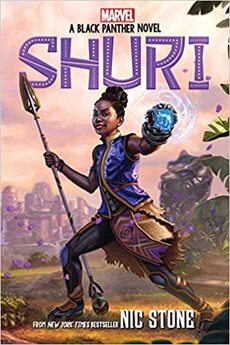
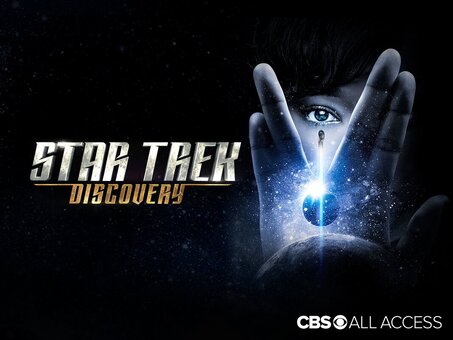
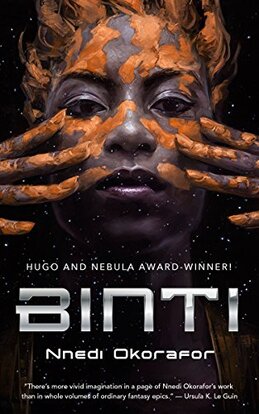
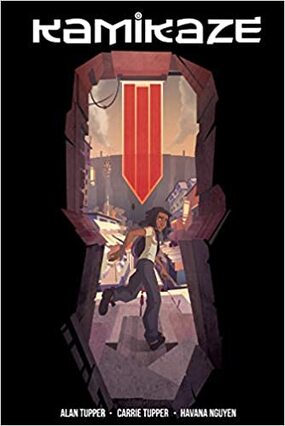
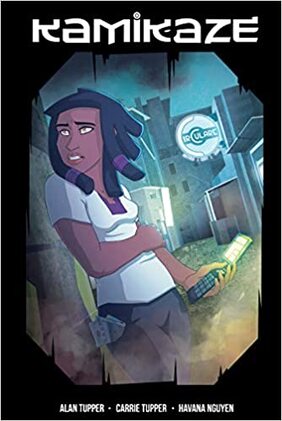
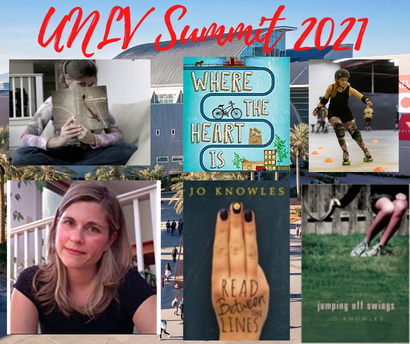



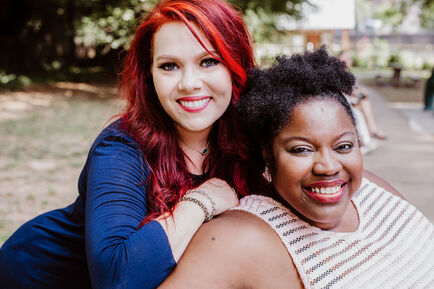



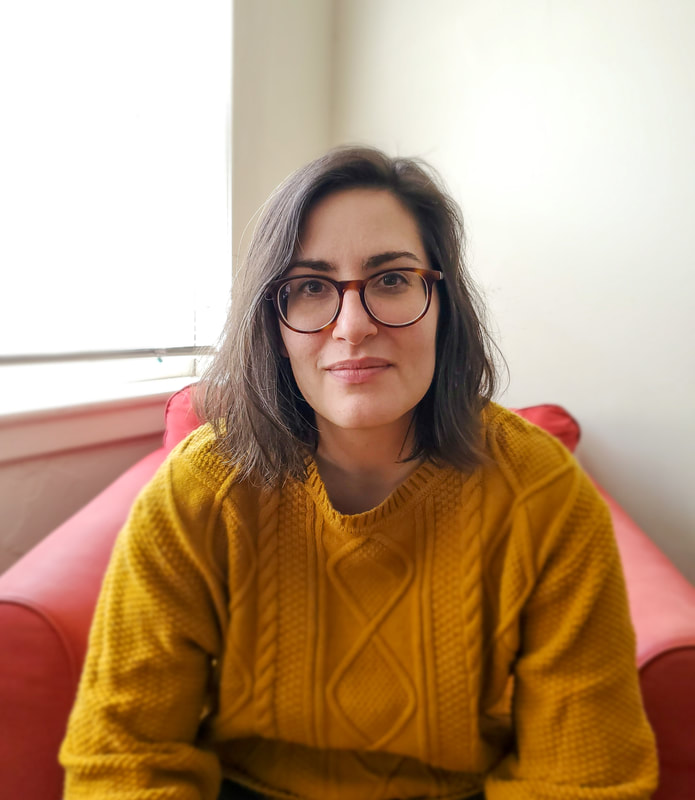
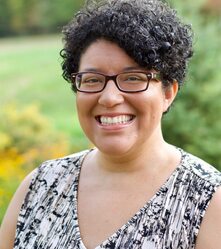
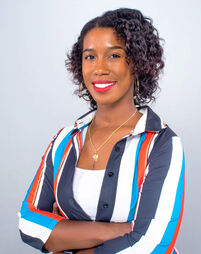
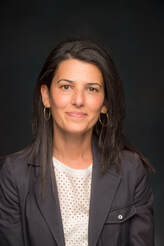
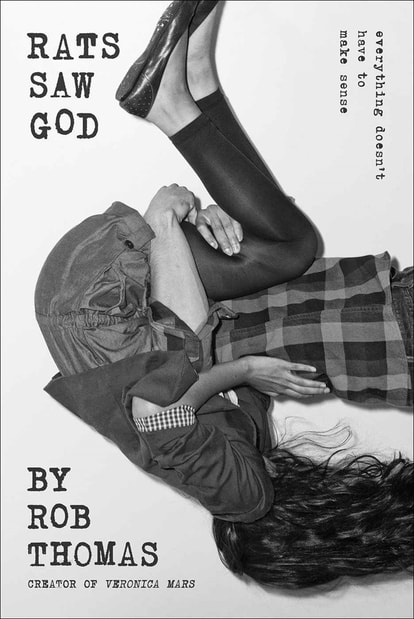
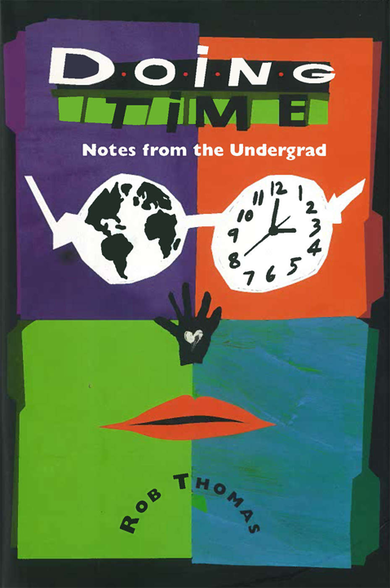
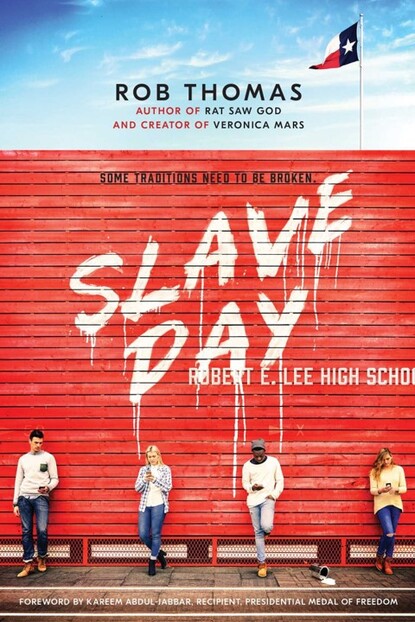
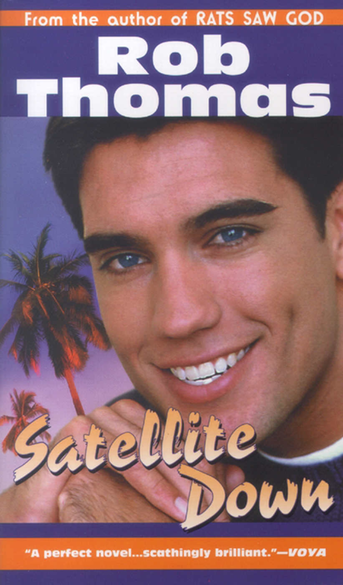
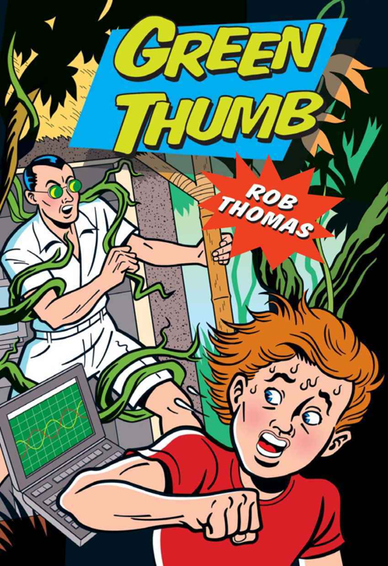
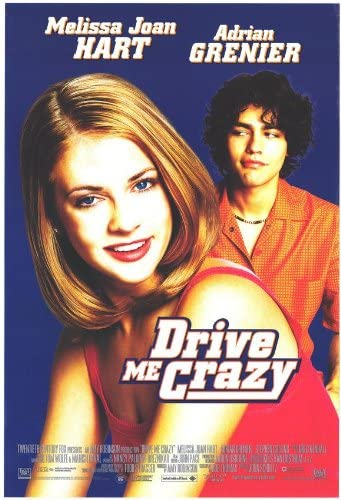
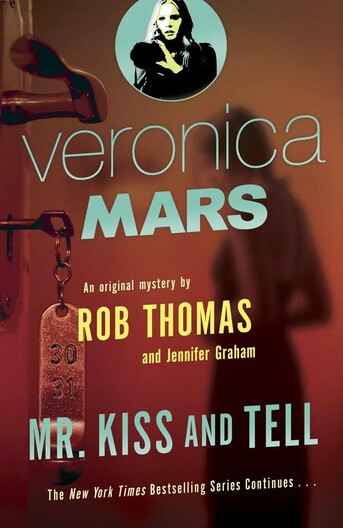
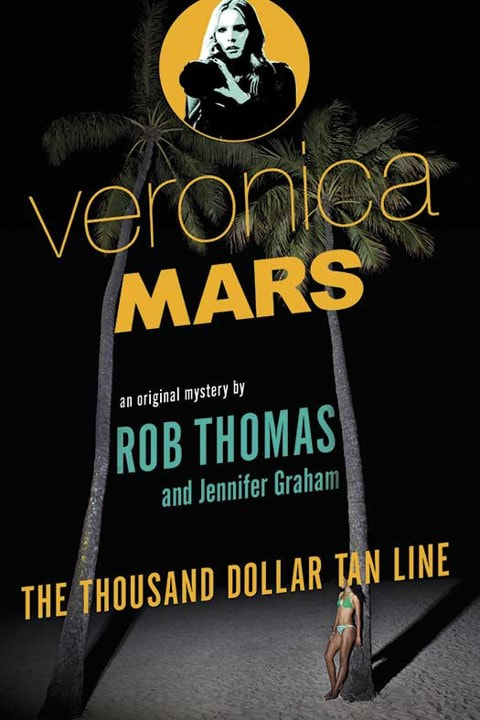

 RSS Feed
RSS Feed